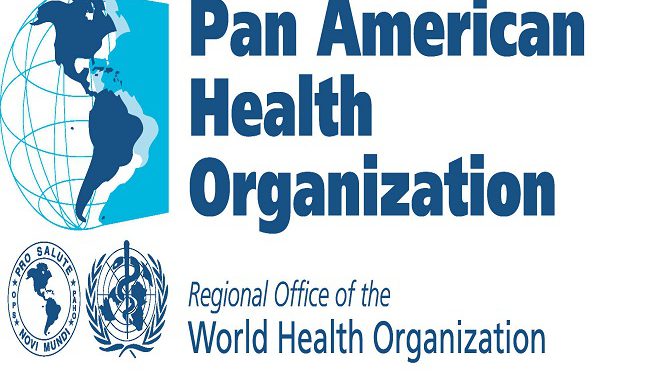The Region’s health ministers agree to guidelines for the development of policies and plans for human resources, better worker distribution and retention, and training for family and community healthspecialists.
Washington, D.C., 26 September 2018 (PAHO/WHO) — Health authorities from the countries and territories of the Region of the Americas yesterday agreed on a new plan to reduce a shortfall of 800,000 health workers needed to meet the current needs of the Region’s health systems. The agreement was reached during the 56thDirecting Council of the Pan American Health Organization (PAHO).
The Plan of Action on Human Resources for Universal Access to Health and Universal Health Coverage 2018-2023 marks the path for the countries to have the human resources they need in order to meet the worldwide goal of universal health by 2030. The plan also aims to improve the geographical distribution and skills of human resources to reach everyone, everywhere.
“Health workers are the cornerstone of health systems and this shortfall is one of the main obstacles to making strides forward in health,” said PAHO Director CarissaF. Etienne. “
The plan offers guidelines for countries to develop their policies and plans for human resources for health. It proposes strengthening and consolidating the governance and leadership of health ministries so that they can forecast their present and future needs for health workers and formulate and implement long-term strategies.
It also establishes the need for greater public investment in health, as well as improvements in the jobs and working conditions offered, especially at the first level of care and in rural and underserved areas.
The plan also seeks to expand access to care by improving the organization of the health system and its working conditions through policies aimed at retaining workers and offering them incentives. This will also help address the high rate of health worker migration, which especially affects the countries of the Caribbean.
Another of the linchpins of the plan is to strengthen the capacities and skills of human resources through continuing education, since health workers often lack the skills, competencies, and training required to work with the intercultural and gender approach that the population needs.
Finally, the plan proposes that agreements be reached with the education sector to develop professionals in accordance with the needs of the health systems. It proposes that academic accreditation systems should consider scientific and technical competencies, but also social ones, and it calls for development of training plans for priority specialties, including increases in the number of specialists assigned to family and community health.
###
The Directing Council of the Pan American Health Organization (PAHO) brings together health ministers and high-level delegates of the PAHO/WHO Member States in Washington, D.C. (USA) to discuss and analyze regional health policies and set priorities for technical cooperation and collaboration between countries.









